[ad_1]
No Qatari official has released a statement on the matter.
QatarEnergy is reportedly assessing whether to further increase its North Field expansion project (NFE), holding talks with gas buyers on the matter, according to Bloomberg.
The potential increase would come as Europe turns to the LNG giant during the ongoing Russian invasion of Ukraine. Europe, which was already grappling with an energy crisis, received 40% of its gas supplies from Moscow, with almost a third of the shipments passing through Ukraine.
The $30 billion project, the biggest of its kind in the world, aims to increase Qatar’s annual LNG production capacity from 77 million metric tonnes to 126 million tonnes by 2027.
Sources told Bloomberg that the mega project had started in 2021 to build six gas-liquefaction units.
The units have the capacity to produce eight million tonnes of LNG per year.
QatarEnergy is now reportedly exploring whether to add an additional unit to the project and interest amongst its customers. Those customers include some in China, one of Qatar’s top Asian buyers.
Chinese state oil and gas company Sinopec had signed a 10-year agreement with Qatar Petroleum, QatarEnergy’s previous name, in 2021. Since 2009, China has received more than 62 million tonnes of LNG from Qatar.
The news agency noted that talks over the possible expansion remain at an early stage and QatarEnergy did not respond to its request for a comment.
Europe turns to Qatar
Qatar was approached at the beginning of the year by the US Joe Biden administration to provide Europe with gas as Russian President Vladimir Putin mulled an invasion at the time.
The EU’s High Representative for Foreign Affairs and Security Policy Josep Borrell had also reached out to Qatar for its support.
Qatar had stressed that it will not be able to unilaterally replace Europe’s energy supply in the event of a possible Russian invasion of Ukraine. The Gulf state said that it could possibly divert 10-15% of its LNG shipping volumes, as Reuters reported in March.
Several countries in the region heavily relied on Russian gas and sought Qatar’s support over the past months, with European officials visiting the Gulf state.
Following the invasion, which started on 24 February, the Gulf state was approached by Austria, Italy, Germany, the UK, and France in an effort to reduce their reliance on Russian gas.
Austria’s oil and gas company, OMV AG, became Russia’s Gazprom main business partner for years, sharing long-term contracts including one that was renewed in 2018 until 2024.
With Rome heavily relying on imports for more than 90% of its energy needs, its supply became at risk in light of the war in Ukraine. In 2020, Russia exported 40% of Italy’s imports.
Germany also imports 42.6 billion of cubic meters from Russia.
On 8 March, the UK announced that it will be “phasing out imports of Russian oil in response to Vladimir Putin’s illegal invasion of Ukraine” by the end of 2021. UK’s imports from Russian oil accounts for 8% of its demand and it also relies on domestic production of oil and gas.
France purchase of 12.4 billion cubic meters of Russian gas from Gazprom in 2020 made up roughly 29% of French gas consumption during the same year.
Last week, Qatar National Bank (QNB) said that a potential disruption of Russia’s gas to Europe would create a major regional energy security crisis.
The financial institution’s report noted that the war could possibly “reverse some of the economic gains generated by the extraordinary policy stimulus that followed the Covid-19 shock.”
“The EU’s power grid is not integrated and LNG re-gasification facilities are limited in number and scarcely distributed across the continent,” said QNB.
This week, the World Bank’s GCC Economic Update report found that Qatar’s gross domestic product (GDP) is estimated to increase to 4.9% this year as a result of its boosted hydrocarbon exports of 10%.
The World Bank said the “positive” impact followed the Russian-Ukraine war.
“The effects of the war in Ukraine on the commodity markets and of its associated economic sanctions are positive, on balance, for Qatar’s economy, the largest exporter of Liquid Natural Gas in the world,” the World Bank reported.
According to the UN, Russia has killed 2,224 Ukrainian civilians between 24 February and 19 April. The exact number of victims is feared to be higher.
[ad_2]
Source link


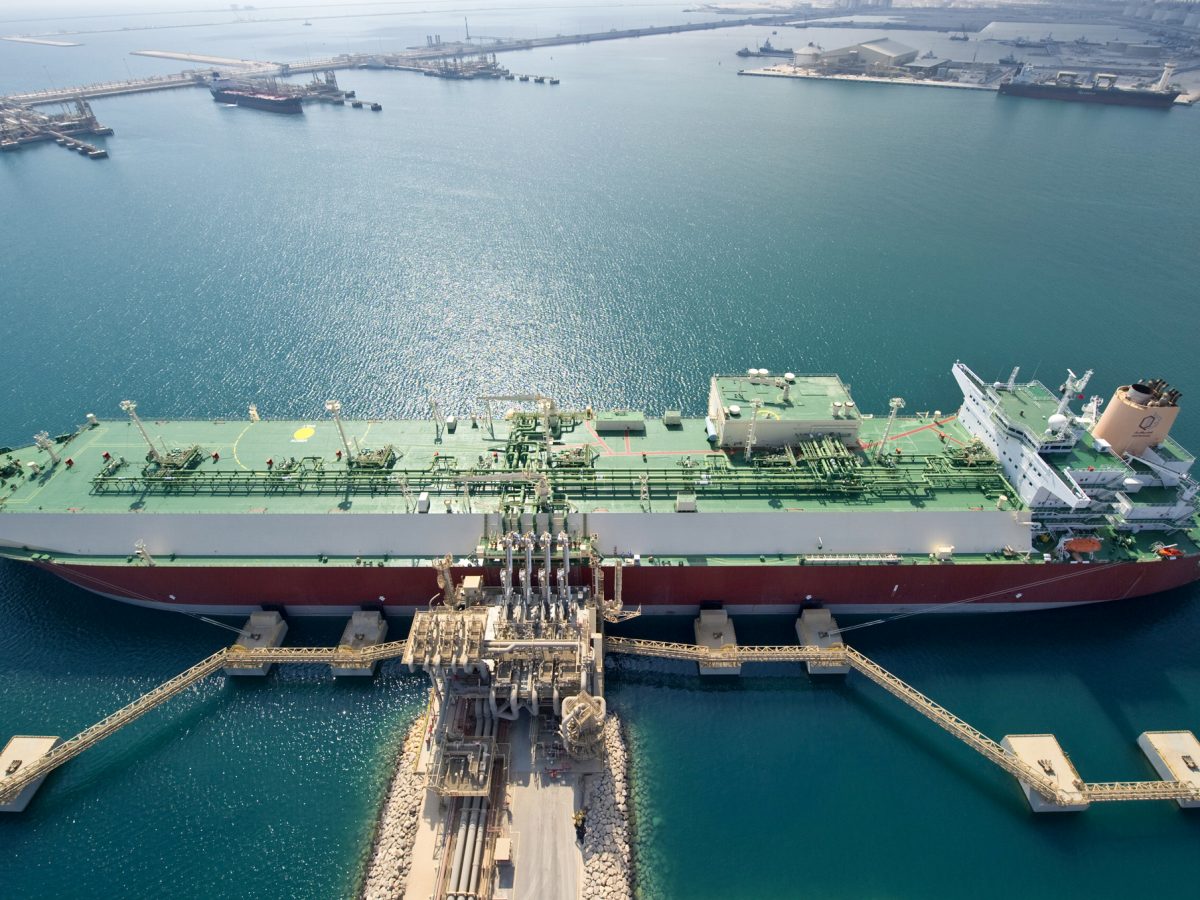
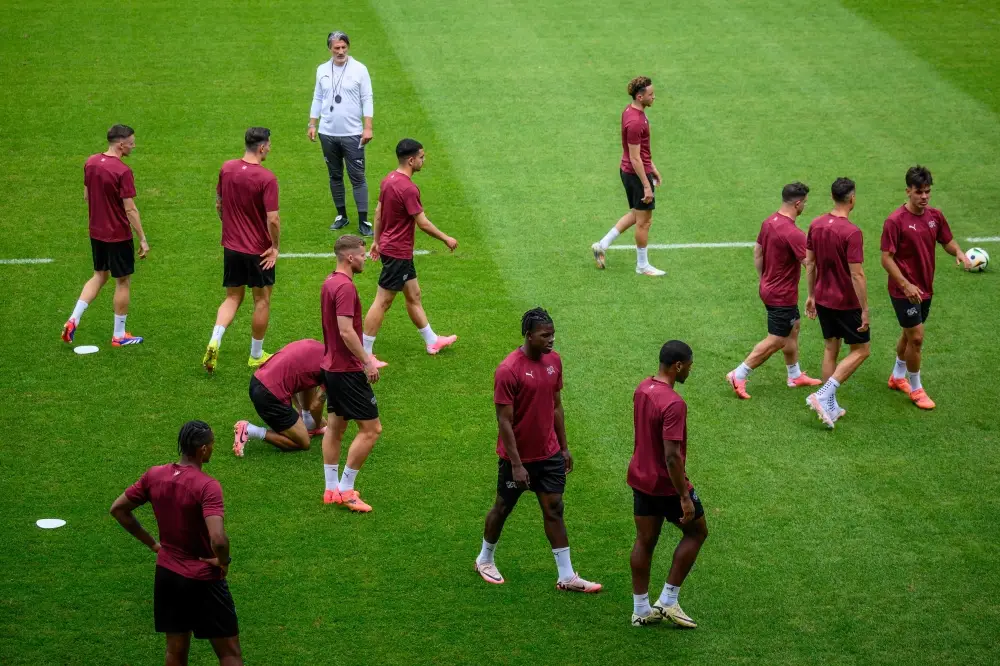
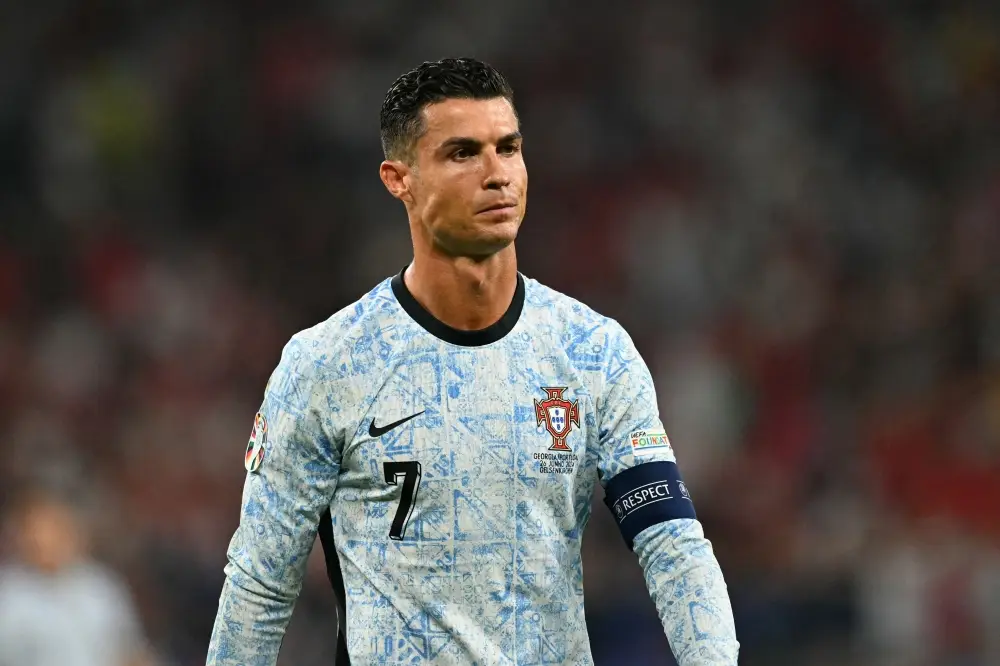

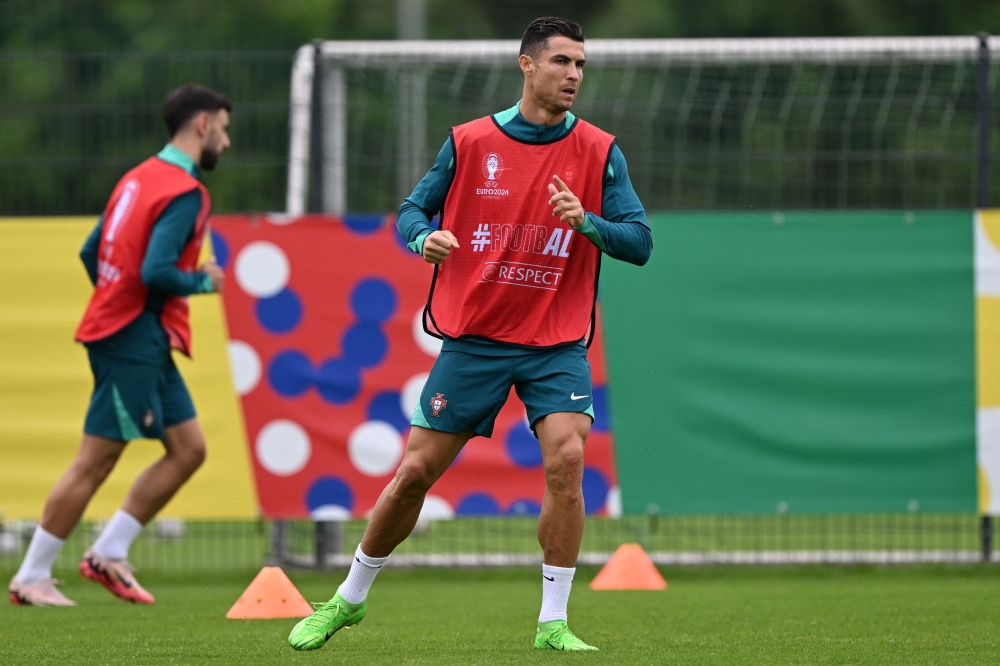


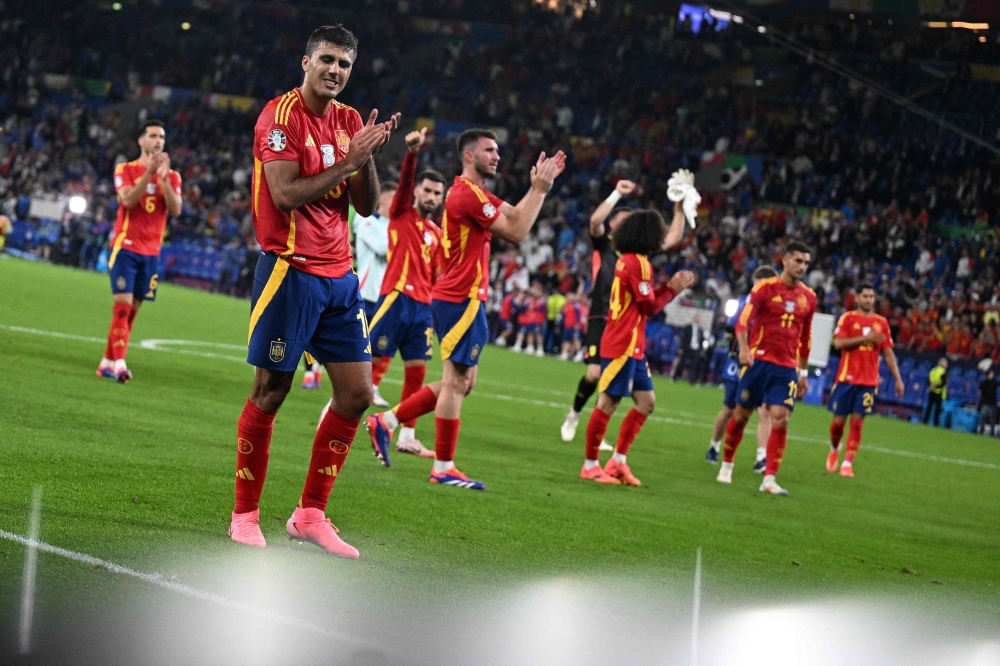
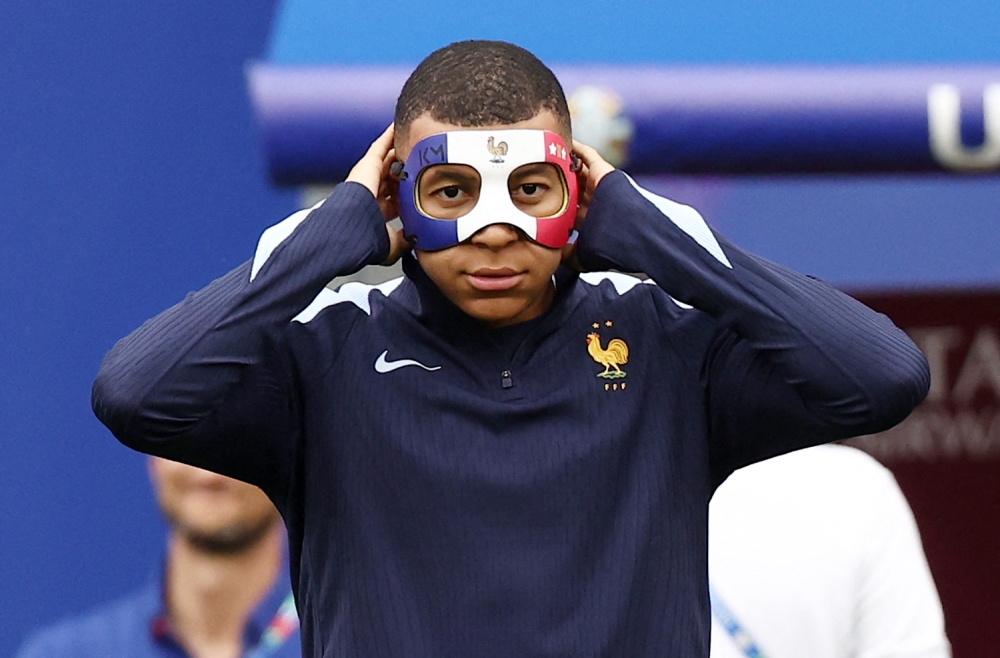






Leave a Reply